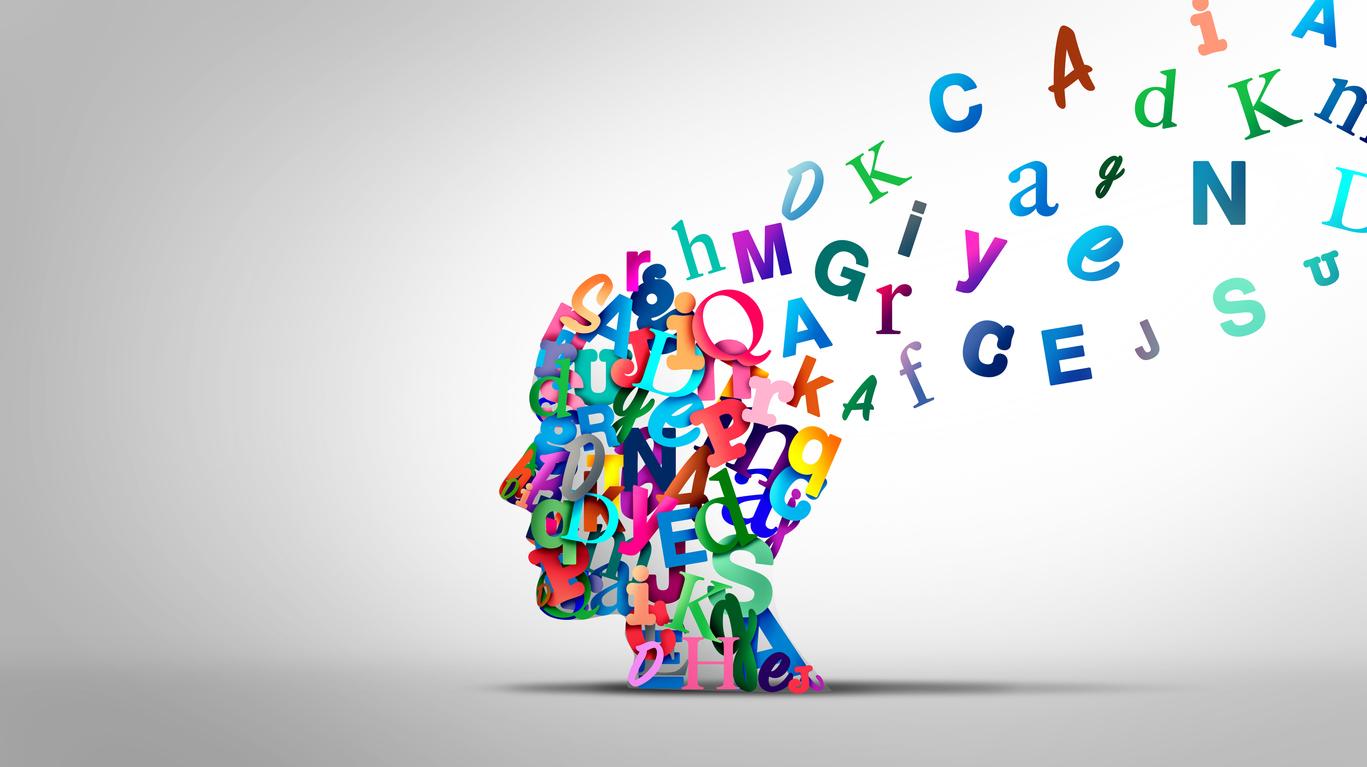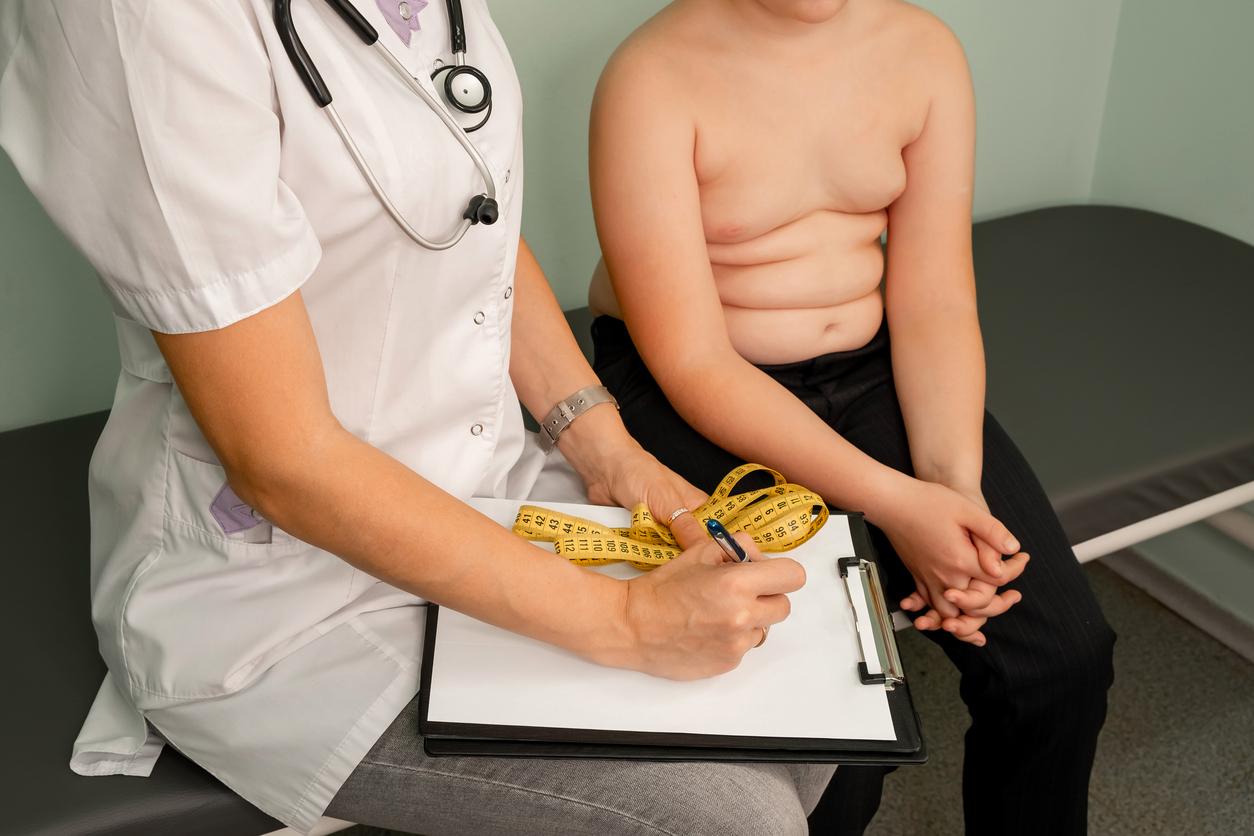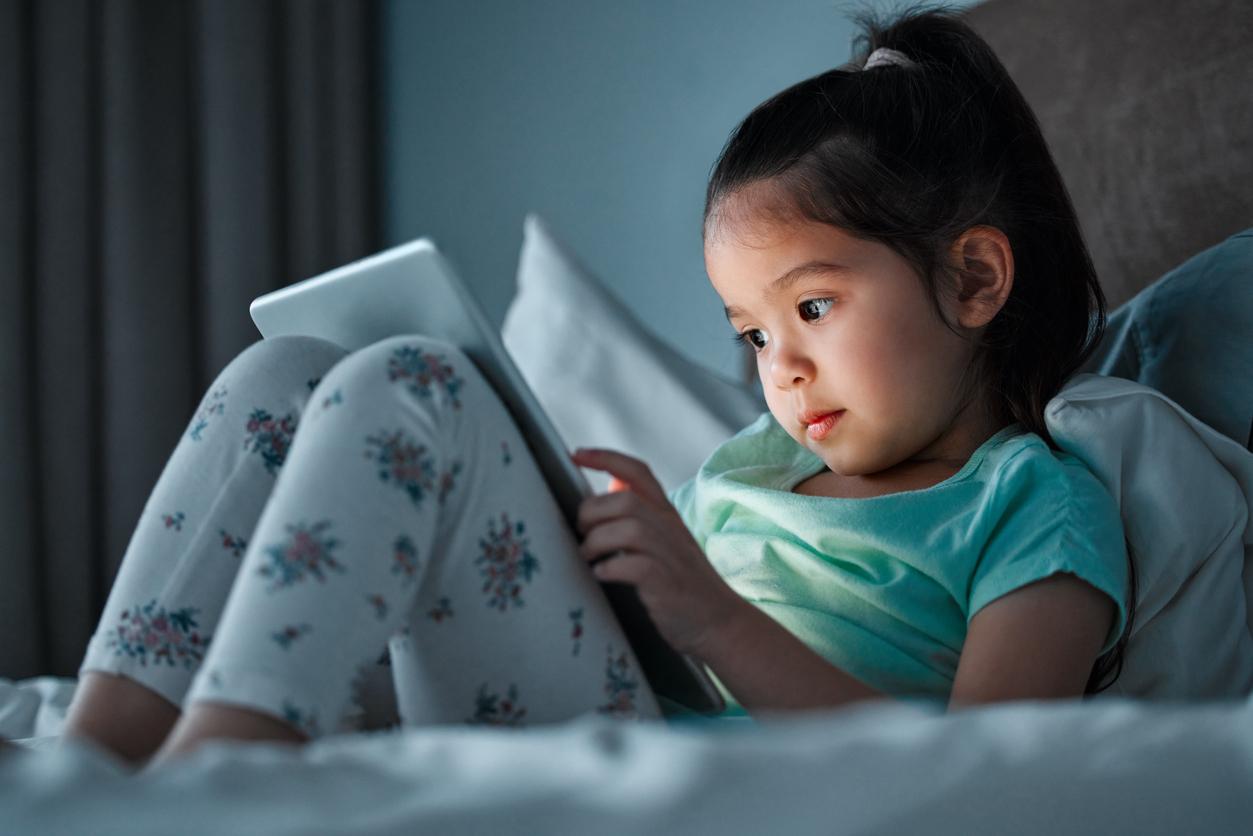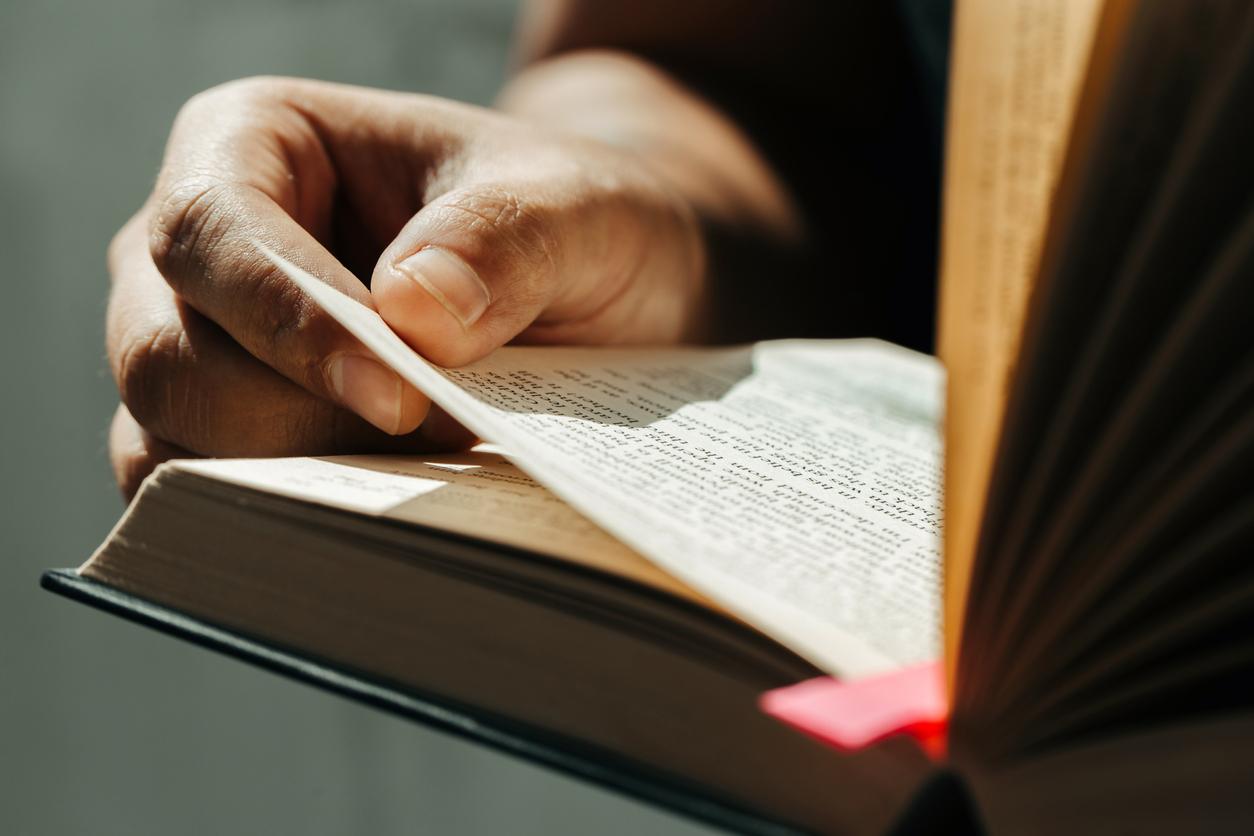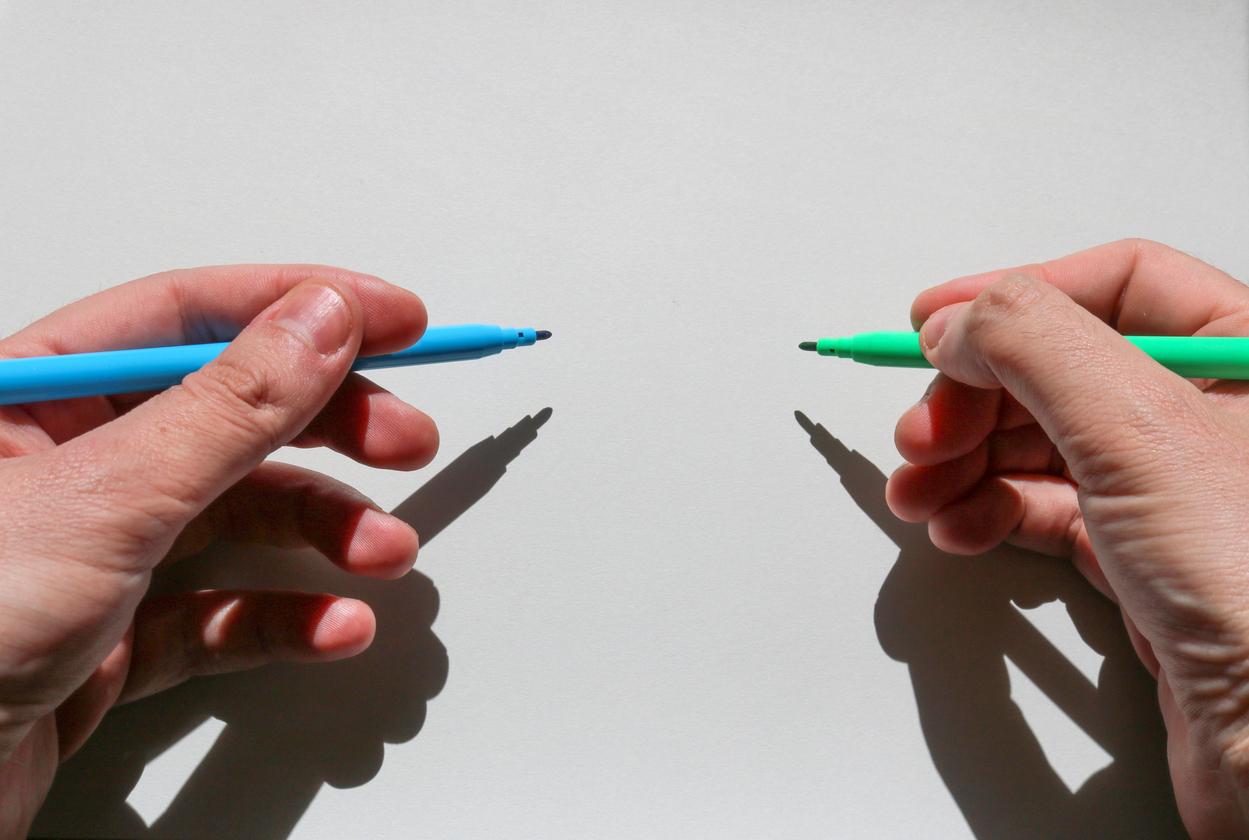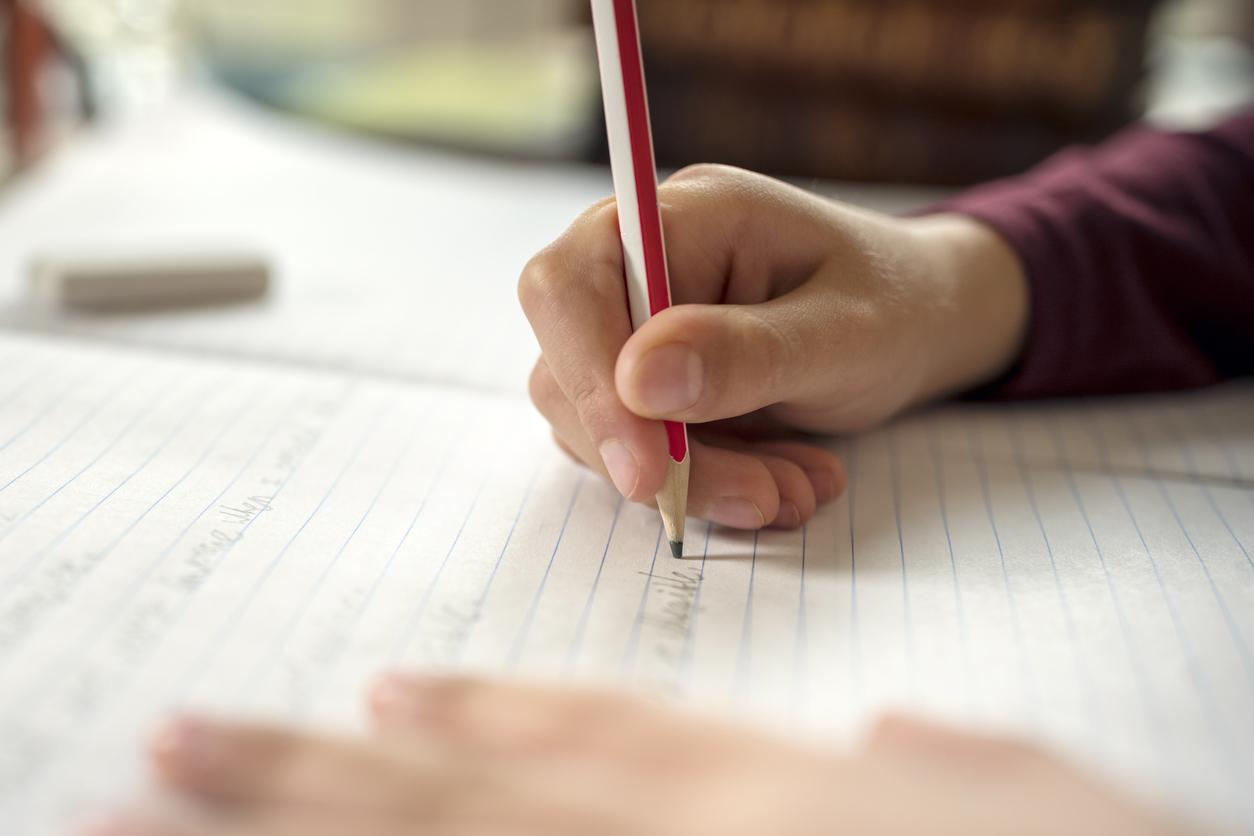A start-up has developed glasses with active filters that remove the mirror image perceived by dyslexic people.
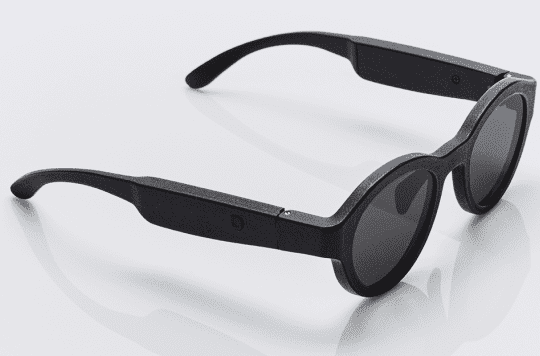
- Developed by the start-up Abeye, the Lexilens glasses are based on the work of researchers from Rennes, who discovered the origin of dyslexia in an area of the retina.
- Thanks to electronic filters, the glasses suppress the mirror image that forms in the brain of dyslexic people.
- The effectiveness of glasses is estimated at 75 to 90%.
Connected glasses to help dyslexic children. This is the promise made by the Burgundian start-up Abeye, which has just developed glasses of a particular kind in collaboration with the optician Atol.
called Lexilens, they are based on the work of two researchers in laser physics from the University of Rennes, Albert Le Floch and Guy Ropars. Winners last December of the National Academy of Medicine prize for their work published in October 2017 in the journal The Royal Societythey discovered that visual dyslexia originates in an area of the retina called the fovea.
A removal of the mirror image
Affecting 4 to 5% of children per age group, dyslexia is a specific and long-lasting learning disorder. It is manifested by great difficulty in reading, writing and assimilating spelling, which is detrimental to the learning and academic success of many children and adolescents.
By examining tiny light receptors in the eyes, the centroids of the Maxwell task, the two researchers discovered that these, normally asymmetrical from one eye to the other, were identical in people with dyslexia. As a result, these do not have what is called the dominant eye, the one used for example to aim, which leads to the creation of mirror images in the brain and the latter’s inability to choose the right picture.
Boss of the Abeye start-up, Michael Kodochian relied on the work of Rennes researchers to develop the Lexilens palliative glasses. The latter are equipped with electronic filters which make it possible to suppress the mirror image.
Efficiency of 75 to 90%
The first tests, carried out in the laboratory, show efficacy in “more than 90% of cases”says Michael Kodochian, quoted by The Digital Factory. In-store tests show an efficiency rate of 75%. These results will soon be detailed in a double-blind, cross-over clinical study conducted by Abeye and Atol. This new work will also make it possible to study the exact contribution of glasses according to the different forms of dyslexia.
Created in collaboration with Atol, which designs and manufactures them in France, Lexilens glasses should be available later this year. Initially, only a frame intended for children will be marketed. It is now possible to test them at Atol opticians. Certified as a class I medical device, they are displayed at a price of 399 euros.







